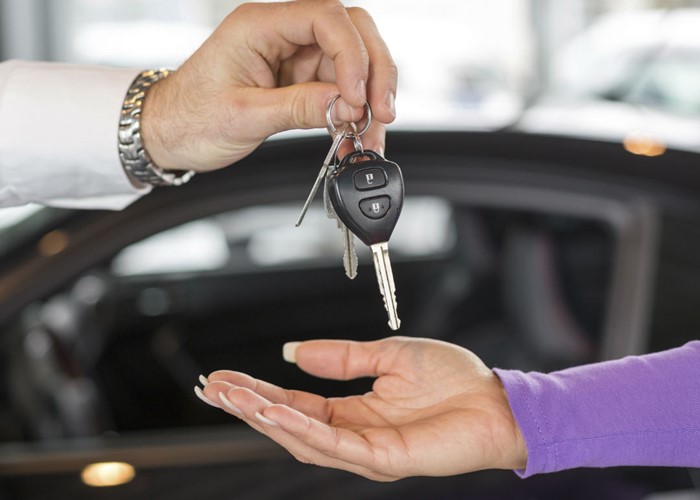RAC: Buying a used car is like a game of 'motoring roulette'

Almost half of motorists who buy a used car fear they have been deceived.
Nearly half of people that have bought a used car privately believe the seller deceived them in some way, according to the RAC.
A substantial 2.7 million cars are bought and sold privately out of the 6.7 million used cars which are exchanged in the UK every year. That’s two in every five used car sales.
Of those who felt they had been misled, a whopping 67% thought that they were sold a faulty car, while and 21% thought they paid too much for what they ended up driving away with.
Half of motorists say they buy a used car privately to get the best value for money, but clearly it represents something of a gamble. Indeed, Robert Diamond, managing director of RAC Data Services, said that buying a car privately "appears to resemble somthing akin to motoring roulette".
Car buyers' biggest worries
The top three concerns when buying a used car privately are:
- It already has a mechanical fault (29%)
- It’s a stolen vehicle (24%)
- It's been written off (13%)
Other worries include buying a car that is still being paid for on finance by someone else, that it costs more in maintenance than expected or that it’s worth less than the buyer ends up paying.
So if you want to get a good deal on a second-hand motor, what should you do?
Compare car insurance with lovemoney.com
Check it over
Take a good look at the exterior, interior, electrical, controls and engine compartment before you make a decision on your motor.
Many recommended checks are common sense, such as ensuring that all of the lights are working, that the doors open and close properly and that there’s no corrosion on the exterior.
But it’s also important to check for things like worn brake pads, leaks to the engine and gearbox and that the warning lights are working when the ignition is turned on.
When you’re doing a test drive, keep an eye out for excess noise, smoke and engine rattling.
Compare car insurance with lovemoney.com
Before you go
If you do decide to buy the vehicle, there are a few things to double-check before you drive away:
Vehicle history
Look for modifications like number plate or colour changes in the car’s history.
V5C (registration document)
Make sure all the details match the vehicle. Verify the seller’s name and address.
Validate the Vehicle Insurance Number (VIN)
You can find this number on the engine bay, windscreen or door trim. Check it with a reliable motoring body to make sure the car isn’t a clone.
Get a receipt
The receipt should confirm that the vehicle is ‘sold as seen, tried and approved without guarantee’ and include the date of purchase and a signature from the buyer and seller.
Purchase vehicle tax
As of October last year, vehicle tax cannot be transferred from seller to buyer when purchasing a car. This is now down to the buyer. Call the DVLA on 0300 790 6802 to sort out your tax before you drive away.
Compare car insurance with lovemoney.com
More on motoring:
The best car insurance incentives and freebies
Car insurance premiums could rise by up to 10%
Comments
Be the first to comment
Do you want to comment on this article? You need to be signed in for this feature